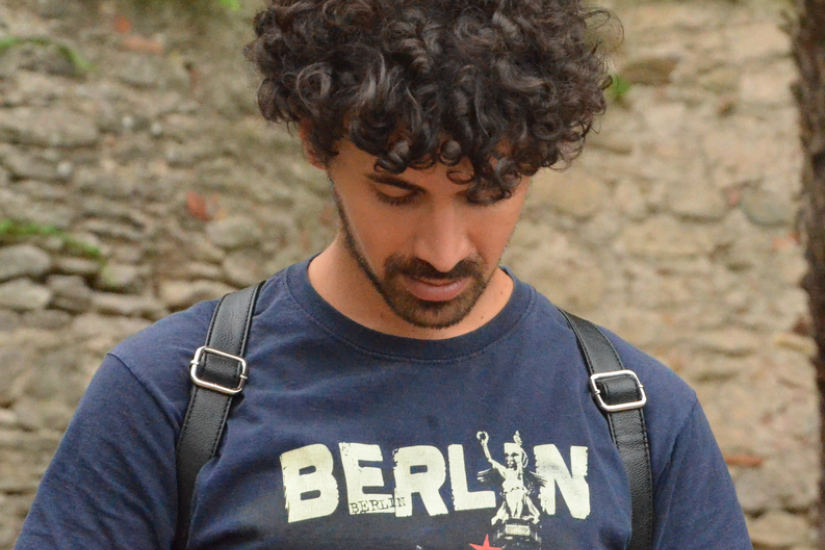
ABSTRACT | Over the last (few) years, the efficient market hypothesis has been criticized by a growing body of literature. Specifically, empirical evidence that contradicts the claim that investors always adopt optimal, fully rational strategies has been collected and alternative frameworks have been proposed. Behavioral economics has investigated trading biases whilst the adaptive market hypothesis has suggested competition and adaptation among investors through the adoption of distinct sub-optimal trading strategies. In this talk, I present an empirical study performed on a set of real-world data from the Helsinki stock exchange with the aim of detecting clusters of investors on the basis of their trading decisions, together with their composition and evolution in time. The result of this investigation is the detection of a heterogeneous ecology of investors that coexist on the market for different time scales that can vary from less than a year to more than a decade. Moreover, investors that belong to different clusters differ also with respect to other trading features such as reactivity to exogenous information, portfolio diversification, and trading frequency. I also show that the degree of similarity of investors strategies is correlated with the market volatility, enforcing the idea that the behavior of investors affects the financial environment in which they are active.
BIO | Federico is a Postdoctoral researcher at the Department of Network and Data Science at CEU, currently working with Roberta Sinatra and Michael Szell on the estimation of cultural/social biases in scientific careers. Federico received his PhD from the Physics Department of the University of Palermo, where he developed expertise in statistical validation and information filtering applied to networks, with a focus on financial systems.